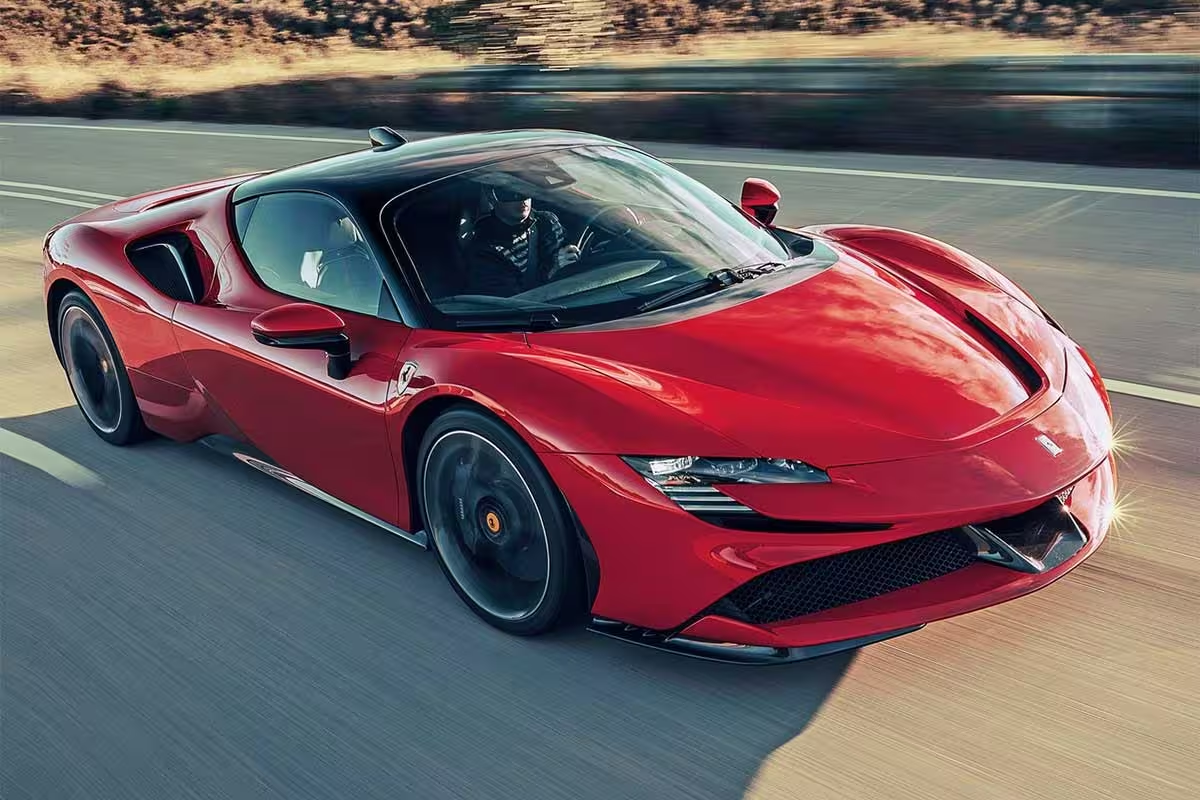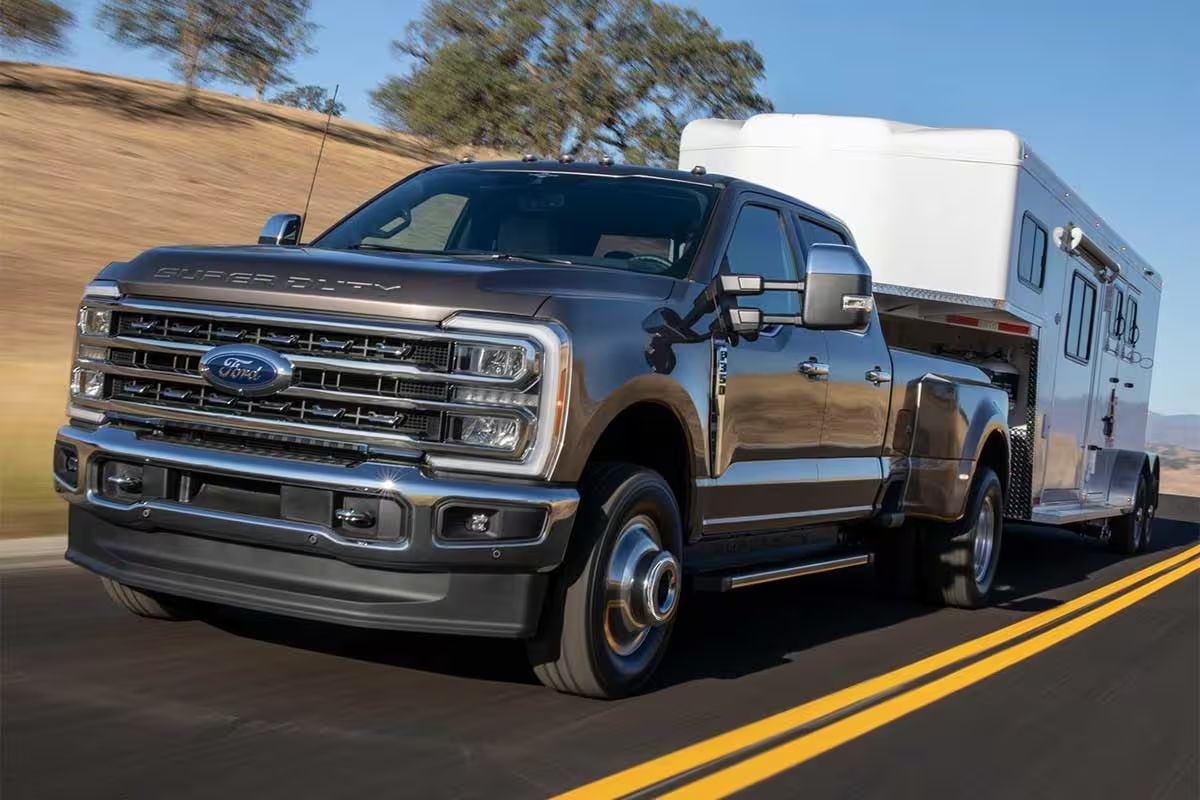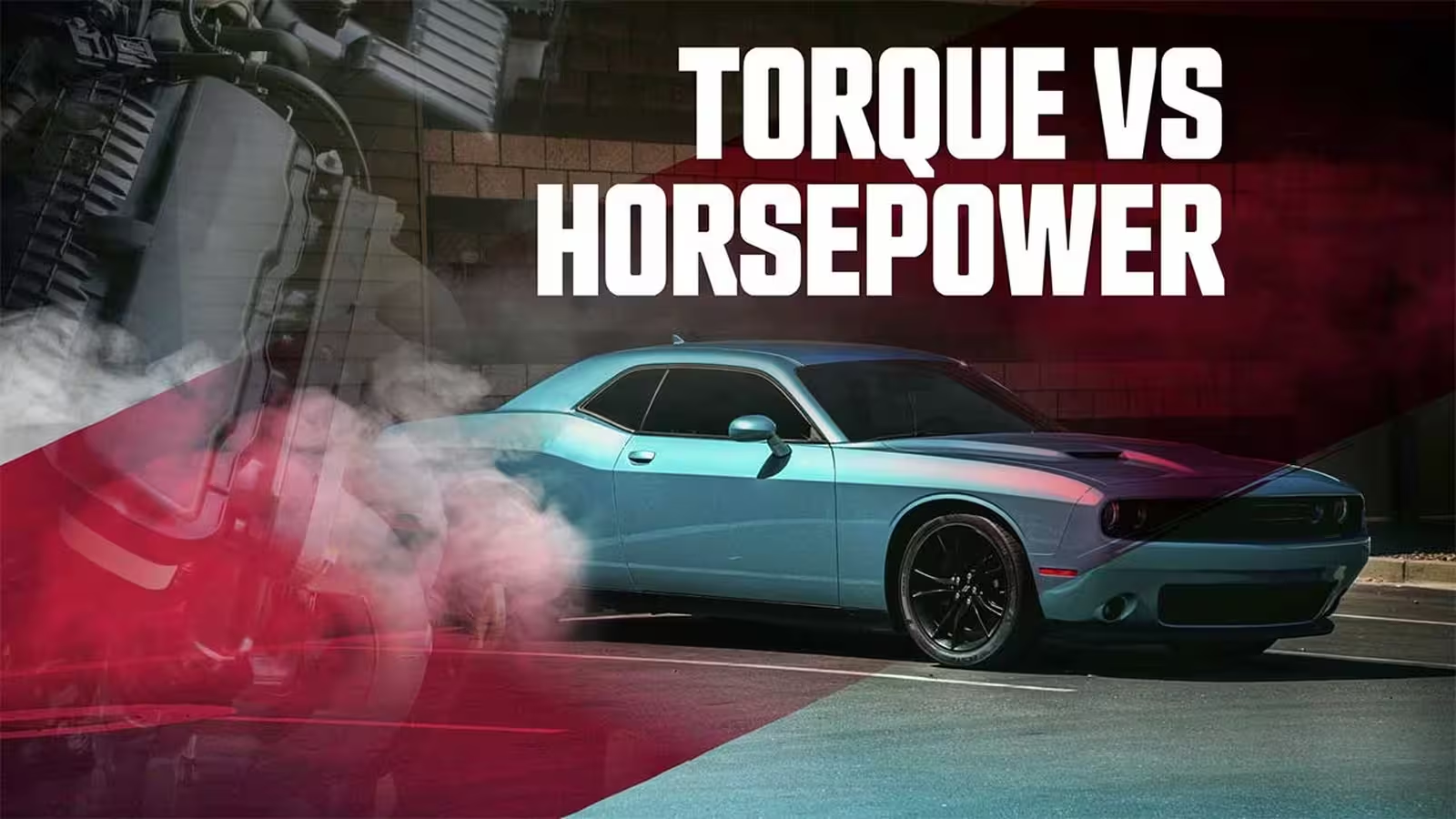5 Minutes
When it comes to evaluating a car’s performance, horsepower and torque are two of the most important technical specifications you’ll encounter. While they are interconnected, these terms refer to distinct aspects of a vehicle’s design and capabilities. In this comprehensive guide, we’ll break down what sets horsepower and torque apart, their impact on vehicle performance, and why understanding both is essential for car enthusiasts, buyers, and anyone interested in the automotive world.
What is Horsepower?
The Basics of Horsepower in Cars
Horsepower is a measure of how quickly work can be performed. In automotive terms, it represents the engine’s capacity to do work over time—essentially, how much power the engine can deliver at a given moment. Car manufacturers typically advertise the peak horsepower of an engine, often highlighting it in vehicle specifications to attract performance-minded drivers.
How Horsepower Works in Engines
Engine horsepower isn’t a constant figure. Instead, it varies according to the engine’s revolutions per minute (RPM). As the RPM increases, with pistons cycling faster, more power can be delivered with the same amount of force, leading to a higher horsepower output. Engines designed for high performance, such as those in sports cars, often achieve remarkably high horsepower at elevated RPMs, propelling cars to impressive speeds.
What is Torque?
The Mechanics of Torque in Automobiles
Torque refers to the rotational force produced by the engine. It’s the force that actually spins the wheels and gets a car moving from a stop. In everyday terms, you can envision torque as the power you feel when tightening a bolt with a wrench: the farther from the pivot point you apply the force, and the more strength you exert, the greater the torque.
How Torque is Generated in Engines
Within a car’s engine, torque originates from controlled combustions in the cylinders. These combustions push the pistons downward, transferring force through the connecting rods to rotate the crankshaft. Engines with longer piston strokes generally produce higher torque, which is why heavy-duty vehicles and trucks often utilize this design. High-torque vehicles are ideal for towing, hauling, and overcoming challenging driving conditions.
Horsepower vs Torque: Why Both Matter
Though both horsepower and torque are derived from the engine’s rotating crankshaft, they serve distinct roles in a car’s overall performance. Torque is responsible for the immediate force required to move a vehicle—especially from a standstill or when carrying heavy loads—while horsepower determines how quickly that work can be accomplished, affecting top speed and acceleration. Neither specification can function without the other, and they must work in tandem for balanced, effective vehicle performance.

Performance and Design: Vehicle Applications
Cars That Benefit from High Horsepower
Sports cars and supercars, such as the latest Corvette ZR1, which boasts over 1,000 horsepower, are engineered for speed and top-tier acceleration. These vehicles feature advanced engine technology designed to maximize horsepower, making them perfect for enthusiasts who crave high-speed driving and track-day excitement. High-revving engines are also common in performance motorcycles, catering to those who desire peak power output and a thrilling ride.
Vehicles Built for High Torque
Pickup trucks, commercial trucks, and other heavy-duty vehicles rely on high torque to haul, tow, and move substantial weight. Diesel engines are a prime example, often incorporating longer pistons and strokes to maximize torque delivery. The result is an increased ability to tow heavy loads, transport cargo, and power through steep inclines or tough terrain—making these vehicles indispensable for work and off-road scenarios.

Market Positioning and Buyer Considerations
Understanding the balance between horsepower and torque is crucial when choosing a vehicle that matches your needs. For those seeking speed, track performance, or exhilarating acceleration, horsepower should be a top consideration. On the other hand, drivers needing robust towing power, reliable hauling, or off-road capabilities will benefit more from higher torque ratings. Modern automotive engineering continually pushes the boundaries, delivering vehicles that combine impressive horsepower and torque for well-rounded, versatile performance.
Conclusion: The Importance of Engine Specifications in Automotive Choices
When comparing cars, don’t overlook the significance of both horsepower and torque in a vehicle’s specifications. These figures define not only performance capabilities but also influence driving experience and utility. Whether you’re buying a sports car, an SUV, or a pickup truck, understanding what these terms mean will empower you to make better-informed automotive decisions and unlock the full potential of your vehicle on the road.



Comments